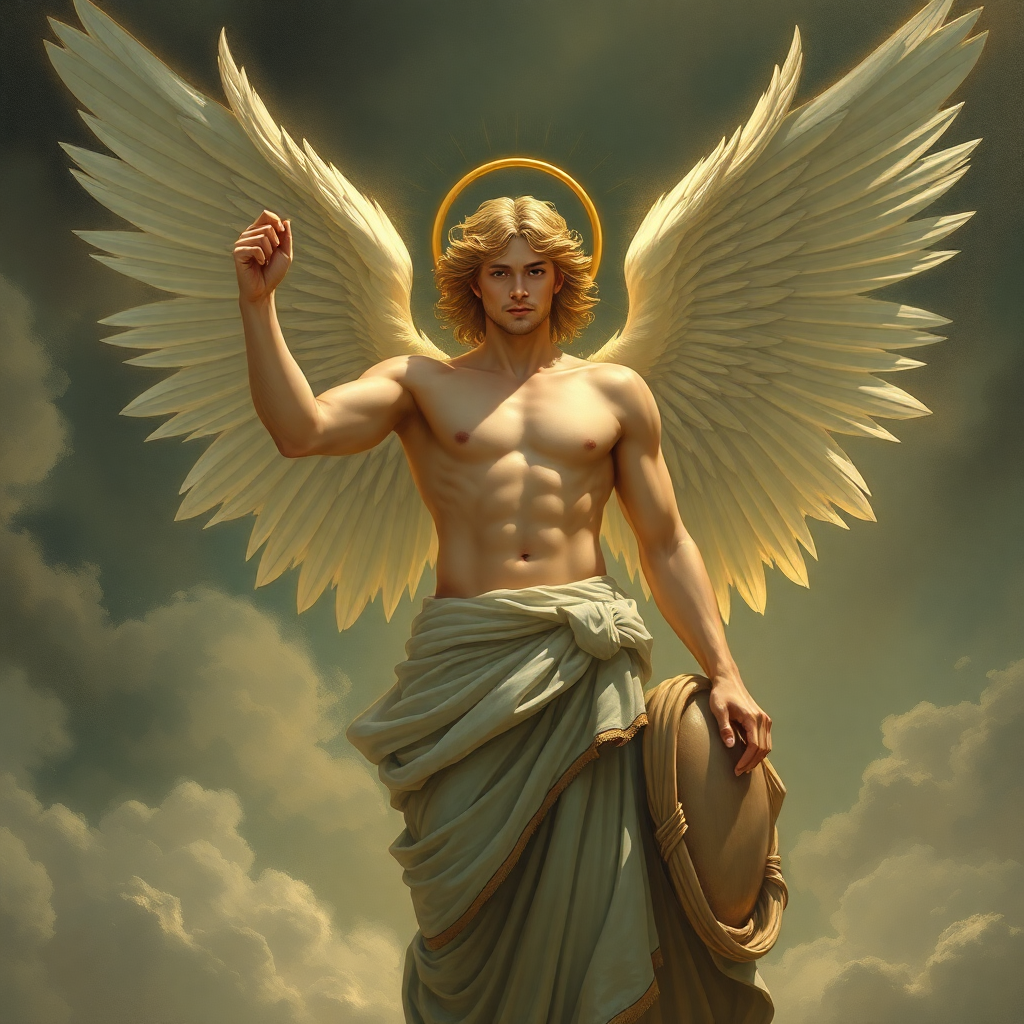Are archangels the highest angels?
While archangels are influential within the angelic hierarchy, one may ponder whether higher orders exist beyond them. The first triad of angels, consisting of Seraphim, Cherubim, and Thrones, holds a more exalted status.
Among the different classifications of angels that have emerged in various religious traditions, archangels hold a significant place. But are archangels truly the highest order of angels? This question invites exploration into the hierarchy of angels, the distinctions between various types, and the roles archangels play within the cosmic order.
Understanding Angelic Hierarchy
To assess whether archangels sit at the pinnacle of angelic beings, it is essential to first understand the hierarchy that has been established over centuries, particularly within Christian theology. Various sources, such as the writings of early church fathers and medieval theologians, have sought to categorize angels into different choirs or orders. The most widely accepted schema is derived from Pseudo-Dionysius the Areopagite, who proposed a hierarchical framework of three triads, each containing three orders of angels.
In this system, the first triad consists of Seraphim, Cherubim, and Thrones, all of which are considered to be in closest proximity to God, serving Him and reflecting His glory. The second triad includes Dominions, Virtues, and Powers, which have authority and power to govern creation. The third triad, which encompasses Principalities, Archangels, and Angels, focuses on the guidance and protection of humanity. Under this classification, archangels are not the highest angels but rather belong to the third triad.
The Role of Archangels
Archangels are distinguished by their unique roles and responsibilities. The most commonly recognized archangels within the Judeo-Christian tradition are Michael, Gabriel, and Raphael. Each of these archangels has specific functions that underscore their importance in the divine order.
Michael is often depicted as a warrior angel, leading the heavenly host against the forces of evil. This role is prominently featured in the Book of Revelation, where he engages in a celestial battle against the dragon and his angels. His name means "Who is like God?" and he serves as a protector of God’s people, embodying strength and righteousness.
Gabriel, on the other hand, is typically recognized as the messenger of God. He plays a critical role in delivering divine revelations and announcements, such as the announcement of the birth of Jesus to Mary in the Gospel of Luke. His name means "God is my strength," indicating his significance as a divine communicator.
Raphael, while not mentioned in the canonical texts of the New Testament, is nonetheless revered for his role in the Book of Tobit, where he guides and protects Tobit’s son, Tobias, on a journey to retrieve his father's money and heal his father’s blindness. Gabriel and Raphael emphasize the archangels' roles in guidance and assistance.
Theological Implications of Archangels’ Status
The designation of archangels as a distinct category within the broader angelic hierarchy presents theological implications regarding authority and purpose in the divine order. While they are not the highest angels, archangels serve critical functions in God’s plan. Their roles reflect how God communicates with and cares for humanity—a theme that resonates deeply within the tradition.
Archangels act as intermediaries between God and humans, wielding divine authority to carry out God’s will. This aspect of their role highlights a fundamental belief in the power of divine intervention in human affairs. The assurance that archangels exist to protect, guide, and deliver messages provides a sense of comfort and connection for many believers.

Are There Higher Orders?
While archangels are influential within the angelic hierarchy, one may ponder whether higher orders exist beyond them. The first triad of angels, consisting of Seraphim, Cherubim, and Thrones, holds a more exalted status. These angels are depicted as being closest to God and serving in His presence. Their roles focus on worship, adoration, and carrying out God's directives directly from His throne.
In this perspective, archangels, while powerful and important, operate within a structured hierarchy that reflects the broader organization of Heaven. This structure suggests a unity and order within the divine realm, with each category of angels fulfilling specific assignments that contribute to the overall harmony of God's creation.
Perspectives from Other Traditions
It is also worth noting that the concept of archangels and their status varies across different religious traditions. In Islam, for instance, archangels like Gabriel (Jibril) and Michael (Mikail) hold significant roles but are part of a broader angelic framework that serves God’s commands. The Islamic tradition emphasizes the role of angels in delivering messages, recording deeds, and fulfilling divine orders, aligning with similar themes found in Christian theology.
In Judaism, archangels are referenced in some texts but are not universally classified in the same manner as in Christianity. The roles of angels often focus on serving God's purpose rather than a rigid hierarchy, presenting a nuanced understanding of these celestial beings.